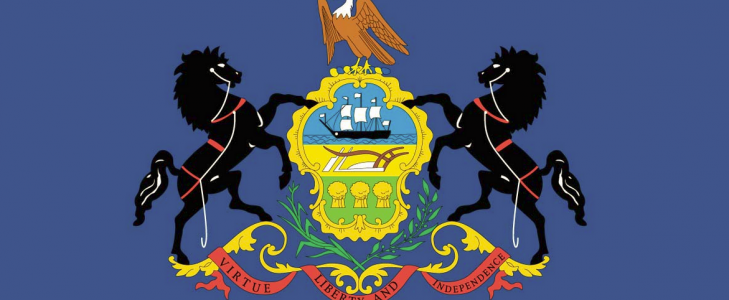There was plenty of optimism that Pennsylvania would legalize online poker in 2015. This was especially the case when House Bill HB649 passed a Gaming Oversight Committee vote by an 18-8 margin. Unfortunately, it appears that efforts to regulate online gaming this year have failed in the Keystone State. Let’s continue discussing why the legislation failed along with if we can expect to see Pennsylvania online poker legalized in 2016.
PA House and Senate can’t agree on a Budget Plan
The key holdup in bringing online gaming to the Keystone State is the government’s inability to agree on a budget plan. The Senate approved a $30.8 billion budget package that Pennsylvania Governor Tom Wolf also signed. Meanwhile, the House has their own $30.3 billion budget plan and believes that the Senate’s package is too expensive. The House specifically doesn’t like a $350 million increase that’s being added to public school funding, which includes a $170 million reduction in pension costs that would have to be paid back at a higher rate later on.
This stalemate over the budget package is the key thing preventing online poker from coming to a vote. After all, the big push for iPoker was to help ease the state’s deficit, which is quickly approaching $2 billion. So until there’s an agreement on a larger budget plan — which is now six months’ past due — there won’t be any online gaming.
Will Pennsylvania legalize Online Poker in 2016?
The fact that the Keystone State spent so much time discussing iGaming before ultimately letting the issue die down is promising. So it would be no surprise if online poker and casino games were legalized and regulated by next year. This is especially the case when you consider how much Pennsylvania plans to make by legalizing the activity.
Estimates in the first year alone have iGaming operators earning between $145 million and $165 million; with HB649’s proposed 14% tax rate, that would be upwards of $23.1 million in tax revenue. By the time the market matures, estimates have it reeling in between $250 and $350 million total revenue, which would be upwards of $49 million in taxes. Of course, this doesn’t even include the $5 million in licensing fees that each operator would pay upfront.
So the financial incentive is there; it’s just up to the House, Senate and Governor Wolf to come to an agreement on legislation that will work. And once this is done, the road will be paved for iGaming to be legalized next year.
